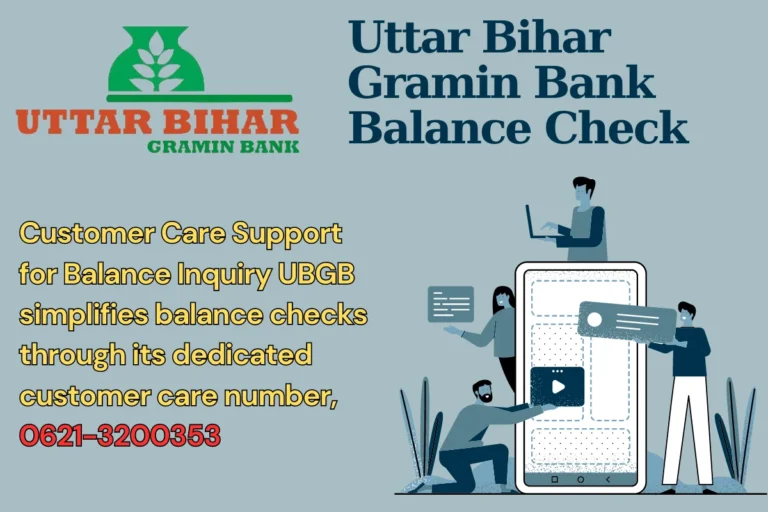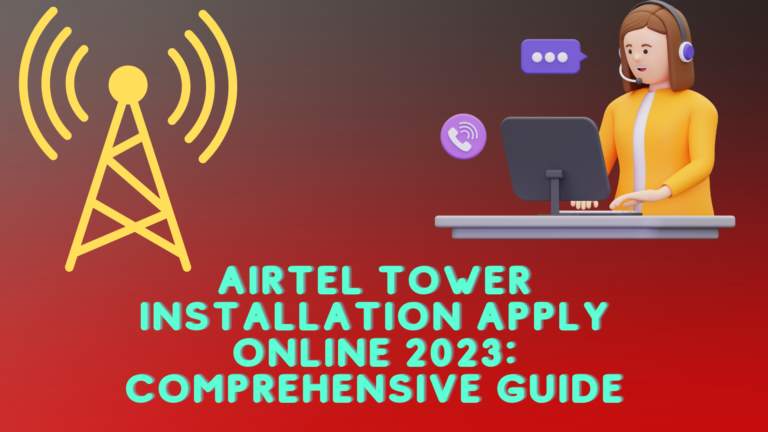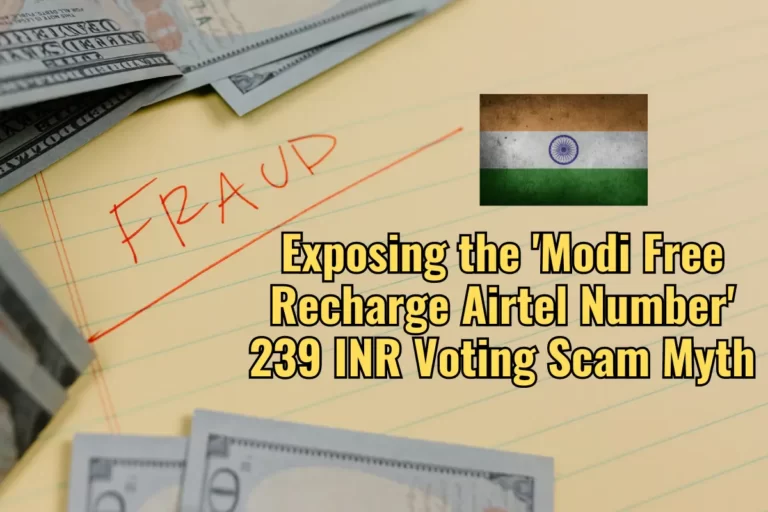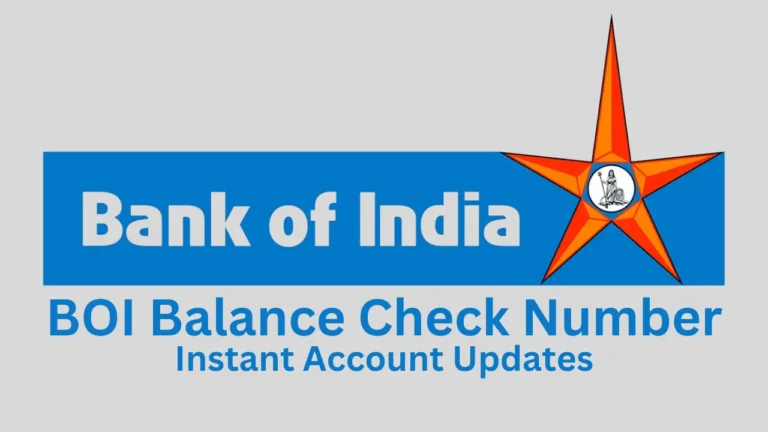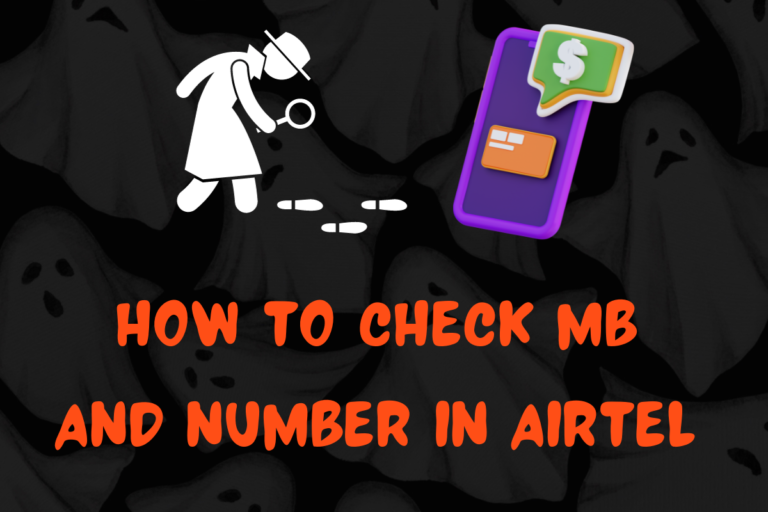How to Identify and Avoid Phone Scams in the UK
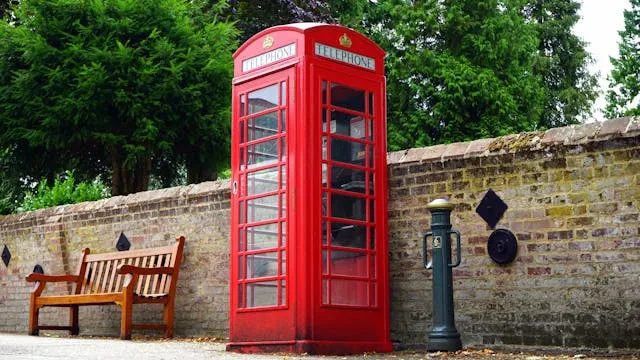
Phone scams are a growing concern in the UK, with fraudsters continuously developing new ways to deceive unsuspecting victims. From fake bank calls to lottery scams, phone fraud has become increasingly sophisticated. Knowing how to identify and avoid phone scams can save you from financial loss and emotional distress. This article provides practical tips on spotting common phone scams and taking preventative measures to protect yourself.
Also Read: Ignition Barrel Replacement: When, Why, and How It’s Done
Contents [show]
Common Types of Phone Scams in the UK
Phone scams come in various forms, and fraudsters use different techniques to trick people. Below are some of the most common phone scams targeting UK residents:
1. Bank Impersonation Scams
One of the most widespread scams involves fraudsters pretending to be from a legitimate bank. They may call, claiming there has been suspicious activity on your account, and urge you to transfer money to a “safe account.” Some scammers use caller ID spoofing to make it look like the call is coming from your bank.
How to spot it:
- Your bank will never ask for your PIN or password over the phone.
- They won’t request that you transfer money to a “safe account.”
- If you’re asked for personal banking details, hang up and call your bank directly using the official contact number.
2. HMRC Tax Scam
Scammers posing as HM Revenue & Customs (HMRC) officials often claim that you owe unpaid taxes and must make an immediate payment or face legal action. They may even threaten arrest.
How to spot it:
- HMRC will never threaten you with arrest over the phone.
- Legitimate tax-related matters are usually communicated via official letters.
- Be wary of calls requesting payments through gift cards, cryptocurrency, or bank transfers.
3. Technical Support Scam
This scam involves callers pretending to be from companies like Microsoft, BT, or Virgin Media, claiming your computer or internet connection has a problem. They may ask you to install remote access software, giving them control over your computer.
How to spot it:
- Tech companies do not make unsolicited calls about security issues.
- Be cautious if they ask you to install remote access software.
- Never provide personal information or passwords over the phone.
4. Lottery and Prize Scams
Scammers tell victims they have won a lottery or prize but must pay a fee or provide personal details to claim it.
How to spot it:
- If you didn’t enter a competition, you can’t win.
- Legitimate prizes never require payment to claim them.
- Scammers often use generic greetings like “Dear Customer” rather than your name.
5. Energy Supplier Scams
These scams involve fraudsters pretending to be from energy companies, offering discounts or pretending your bill is overdue. They may ask for immediate payment or personal information.
How to spot it:
- Energy suppliers won’t pressure you to make immediate payments over the phone.
- Check the authenticity of the call by contacting your energy provider directly.
- Be wary of overly aggressive sales pitches.
6. Fake Charity Calls
Scammers often exploit people’s generosity by pretending to represent well-known charities, especially during crises or disasters.
How to spot it:
- Legitimate charities do not pressure people to donate over the phone.
- Ask for their charity registration number and verify it on the Charity Commission website.
- Never provide financial information to unknown callers.
How to Avoid Falling Victim to Phone Scams
Now that you know the common types of phone scams in the UK, here are steps you can take to protect yourself:
Legitimate organisations will never ask for sensitive information like passwords, PINs, or banking details over the phone. If a caller pressures you for such information, hang up immediately.
2. Verify the Caller
If you receive a suspicious call, do not act immediately. Instead:
- Hang up and call the company or institution using the official contact details from their website or a trusted source.
- Do not call back the number the scammer called from, as it might be spoofed.
3. Register with the Telephone Preference Service (TPS)
The Telephone Preference Service (TPS) is a free service that allows you to opt out of unsolicited sales and marketing calls. Registering can help reduce unwanted calls.
4. Enable Call Blocking Features
Many mobile networks and smartphones have built-in call-blocking features. You can also use third-party apps to screen and block scam calls.
5. Be Cautious of Caller ID Spoofing
Scammers can manipulate caller ID to make their number appear as a trusted organisation. If you receive a call from a known company asking for sensitive details, always verify independently.
6. Report Suspicious Calls
If you suspect a scam, report it to the appropriate authorities:
- Action Fraud – The UK’s national fraud reporting centre.
- Financial Conduct Authority (FCA) – For scams related to financial services.
- HMRC – If you receive a suspicious tax-related call.
- You can also reach out to +44 20 3322 2305 for further assistance.
7. Educate Family and Friends
Elderly and vulnerable individuals are often targeted by phone scammers. Educate them about common scams and encourage them to verify calls before providing any information.
8. Use Call Screening Services
Some telecom providers offer call screening and call-blocking services to reduce the number of scam calls you receive. Contact your provider to check available options.
What to Do If You’ve Been Scammed
If you suspect you’ve fallen victim to a phone scam, take the following steps immediately:
- Contact Your Bank – If you’ve shared banking details, inform your bank to prevent unauthorized transactions.
- Report the Scam – Notify Action Fraud (0300 123 2040) or use their online reporting tool.
- Check for Identity Theft – If you provided personal details, monitor your credit report and financial statements for any unusual activity.
- Change Your Passwords – If you shared login details, change your passwords immediately.
- Warn Others – Share your experience with friends and family to prevent them from becoming victims.
Final Thoughts
Phone scams in the UK continue to evolve, and staying informed is the best way to protect yourself. By recognizing common scam tactics, verifying callers, and using preventative measures like call blocking and reporting scams, you can safeguard your personal and financial information. Always trust your instincts—if something feels off, it probably is.
By following these tips, you can reduce the risk of falling victim to phone scams and help spread awareness to protect others. Stay vigilant and stay safe!
